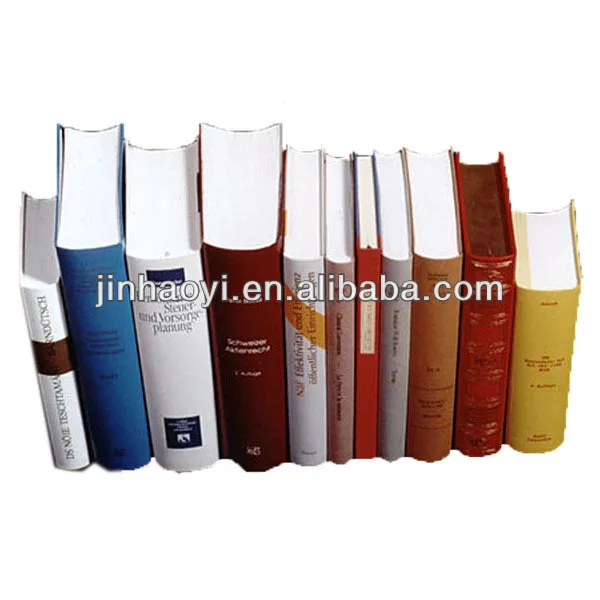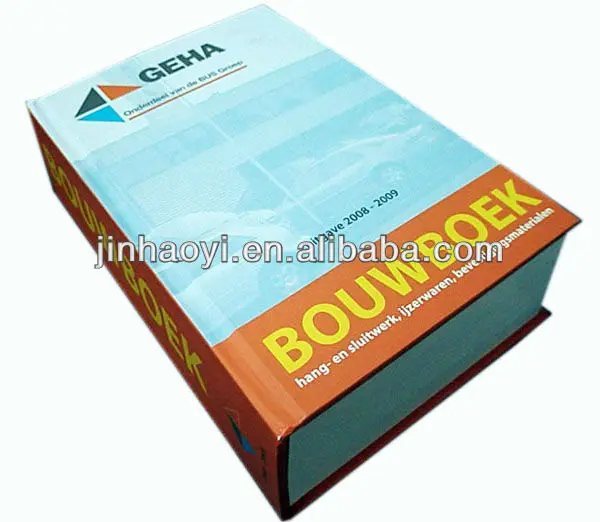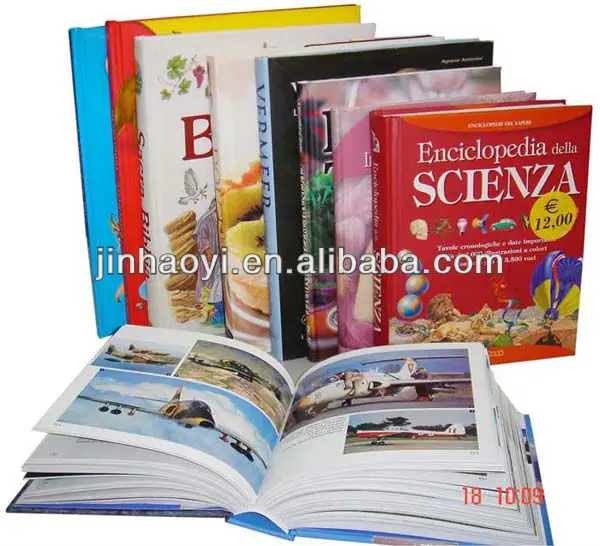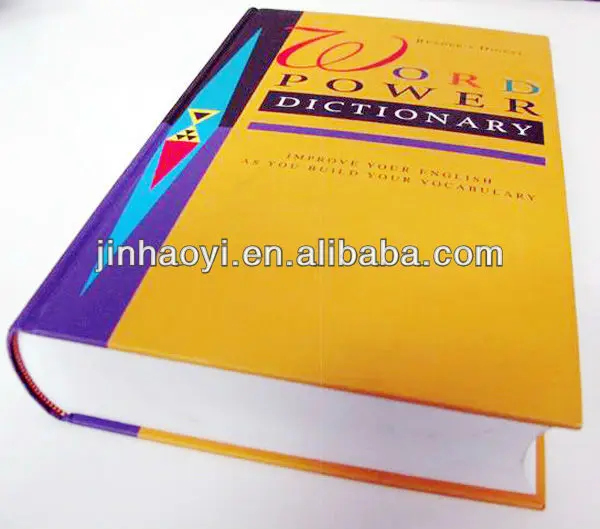The Best Electronic Translators & Dictionaries for Global Communication in 2025
In today's interconnected world, electronic translators & dictionaries have become essential tools for travelers, students, and professionals. These devices bridge language barriers with advanced features like real-time translation, voice recognition, and extensive vocabulary databases. This guide explores the latest innovations, helping you choose the best device for your needs.
How to Find Reliable Electronic Translators & Dictionaries from China in 2025
China is a leading manufacturer of electronic translators & dictionaries, offering high-quality devices at competitive prices. To find reliable suppliers, check platforms like Alibaba for verified sellers with positive reviews. Look for certifications such as CE, FCC, and RoHS to ensure product safety and compliance. Additionally, request samples to test functionality before bulk purchases.
What Buyers Should Know Before Buying Electronic Translators & Dictionaries from China
Before purchasing, consider factors like battery life, language coverage, and after-sales support. Many Chinese manufacturers offer customizable options, including pre-loaded industry-specific dictionaries. Be aware of import duties and shipping costs, which can affect the final price. Always negotiate warranties and return policies to protect your investment.
Types of Electronic Translators & Dictionaries
There are several types of electronic translators & dictionaries:
- Handheld Translators: Compact and portable, ideal for travelers.
- Smart Pen Translators: Scan and translate text instantly.
- Voice Translators: Convert speech in real-time, perfect for conversations.
- Multifunctional Devices: Combine translation with other features like Wi-Fi and note-taking.
Functions and Features of Electronic Translators & Dictionaries
Modern devices offer:
- Real-time Translation: Supports over 100 languages with high accuracy.
- Offline Mode: No internet? No problem—many devices work offline.
- Voice Recognition: Converts spoken words into text or another language.
- Long Battery Life: Some models last up to 30 hours on a single charge.
Scenarios of Electronic Translators & Dictionaries
These devices are invaluable in:
- Travel: Navigate foreign countries with ease.
- Education: Assist language learners with pronunciation and grammar.
- Business: Facilitate communication with international clients.
- Healthcare: Help medical professionals communicate with patients.
How to Choose Electronic Translators & Dictionaries
Consider:
- Language Needs: Ensure the device covers your target languages.
- Budget: Prices range from $50 to $500, depending on features.
- Portability: Opt for lightweight models if you're always on the go.
- User Reviews: Check feedback for real-world performance insights.
Electronic Translators & Dictionaries Q & A
Q: Can these devices translate slang or dialects?
A: Advanced models handle common slang, but accuracy varies by language and region.
Q: How accurate are the translations?
A: Top-tier devices achieve 90-95% accuracy for major languages.
Q: Do they require an internet connection?
A: Many offer offline modes, but Wi-Fi enhances functionality.
Q: What’s the average battery life?
A: Most last 10-30 hours, depending on usage.
Q: Are they easy to use for seniors?
A: Yes, many feature intuitive interfaces and large buttons.


















